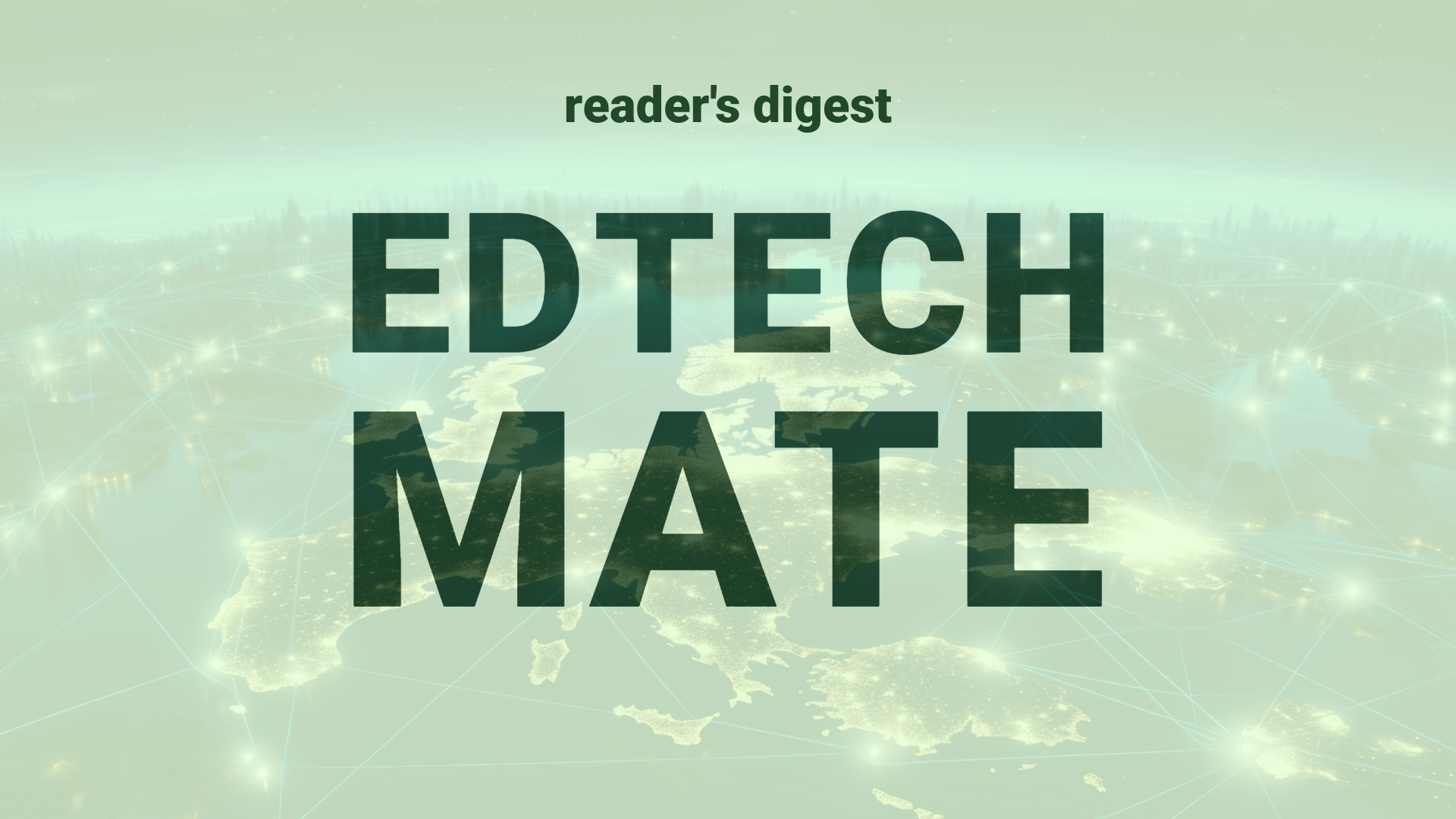“`html
Executive Summary and Main Points
Chet Kapoor, Chairman & CEO at DataStax, endorses the imperative integration of generative AI (genAI) with human creativity to foster growth and innovation within various sectors. This commitment to an “abundance agenda” emphasizes the idea of reinvesting productivity gains from genAI back into the workforce, fostering an inclusive economic growth and countering fears of job displacement. Historical precedence shows technology evolution driving the emergence of new industries and job roles, suggesting genAI could have a similar transformative effect. Strategic adoption and collaborative views of AI as a tool to augment human capability rather than a threat are key to unlocking this potential.
Potential Impact in the Education Sector
Developments in genAI stand to profoundly influence Further Education, Higher Education, and Micro-credentials, as these technologies can enhance the efficiency and effectiveness of educational processes and administration. The strategic partnerships between educational institutions and tech companies are critical in equipping students with the necessary skills for the AI-augmented job market. Advances in genAI could democratize education through personalized learning tools, make global classrooms more accessible, and facilitate the integration of micro-credentialing systems for flexible, lifelong learning. The education sector can prepare the workforce for an AI-inclusive economy by implementing re-skilling and upskilling programs in anticipation of workforce transformation.
Potential Applicability in the Education Sector
The use of AI and digital tools in global education systems offers various innovative applications. GenAI can customize learning experiences, automate administrative tasks, analyze educational data to improve teaching strategies, and support real-time translation services that can break down language barriers in international education settings. AI-fueled educational platforms could facilitate effective matching of students with micro-learning opportunities, adaptively shaping education pathways that are personalized, accessible, and align with industry needs. Additionally, genAI can be instrumental in developing new forms of assessment that are more holistic and reflective of a student’s practical and creative abilities.
Criticism and Potential Shortfalls
Despite the optimistic prospects of genAI in education, criticisms include potential job displacement for educators and administrative staff, biases in AI algorithms leading to inequitable educational outcomes, and the digital divide exacerbating existing inequalities. A comparative analysis of international case studies, such as the implementation of AI in the American higher education system versus its application in developing nations, highlights disparities in access and impact. Ethical and cultural implications are significant considerations; the impersonality of AI may clash with the educational emphasis on human connection, and cultural nuances may be overlooked by generic AI solutions.
Actionable Recommendations
To pivot genAI technologies in education effectively, it is recommended that international education leaders pursue partnerships with technology firms that specialize in genAI applications, ensuring that the educational content and structures are AI-inclusive. Development of comprehensive AI literacy and ethics curricula is essential, as well as investment in infrastructure that supports equitable access to AI benefits. Pilot projects exploring AI in curriculum design, learner support services, and assessment could pave the way for more extensive adoption. Building a culture that fosters human-AI collaboration in the learning environment can prepare stakeholders for a future symbiotic relationship with technology.
“`
Source article: https://www.cio.com/article/1306867/from-fear-to-abundance-rethinking-job-security-in-the-age-of-generative-ai.html

